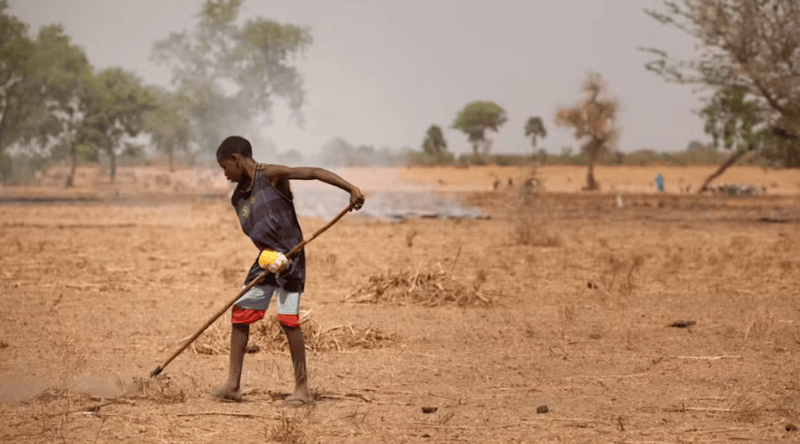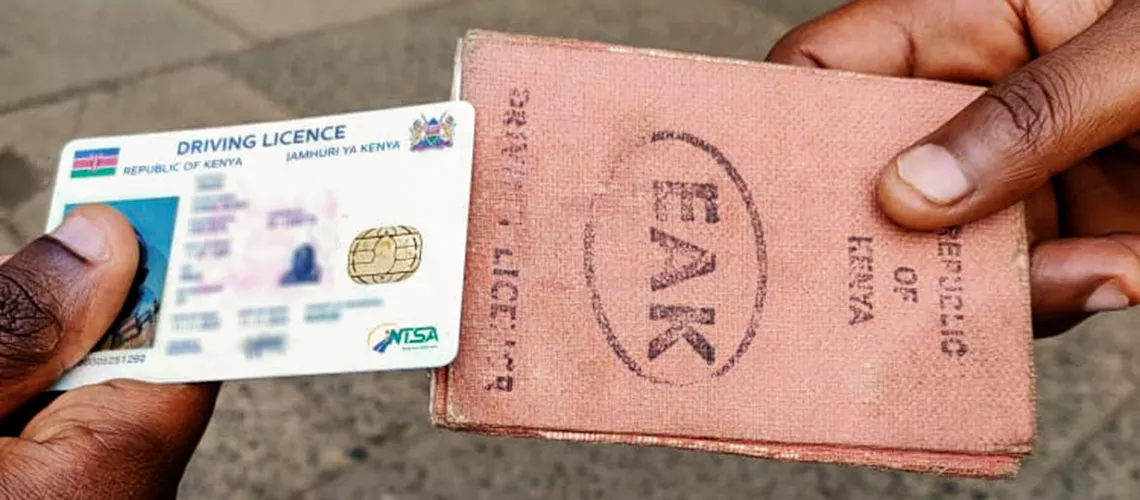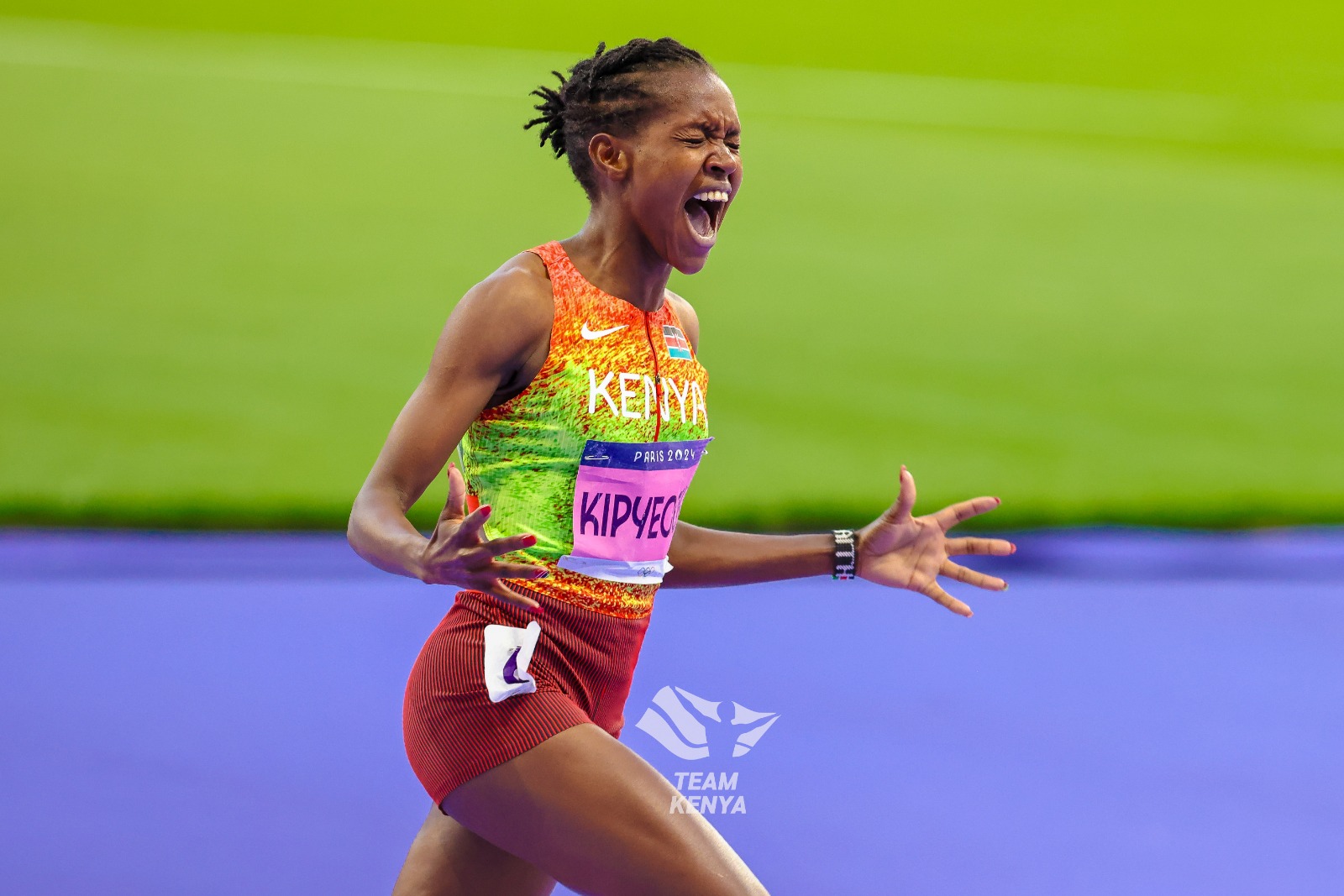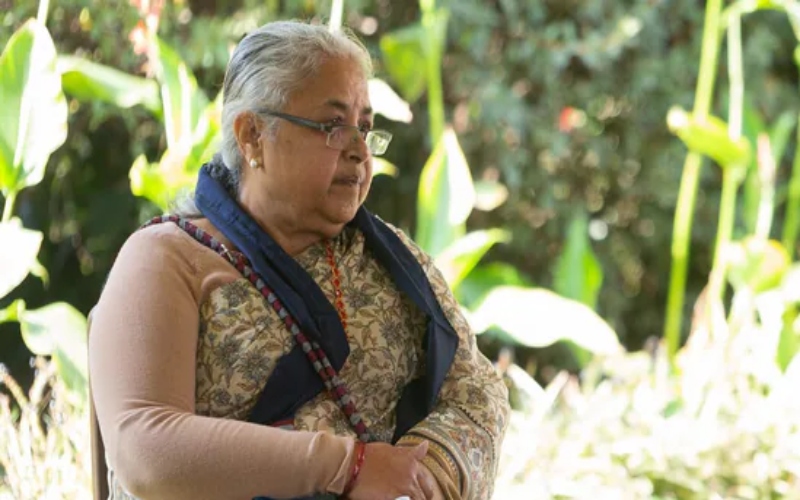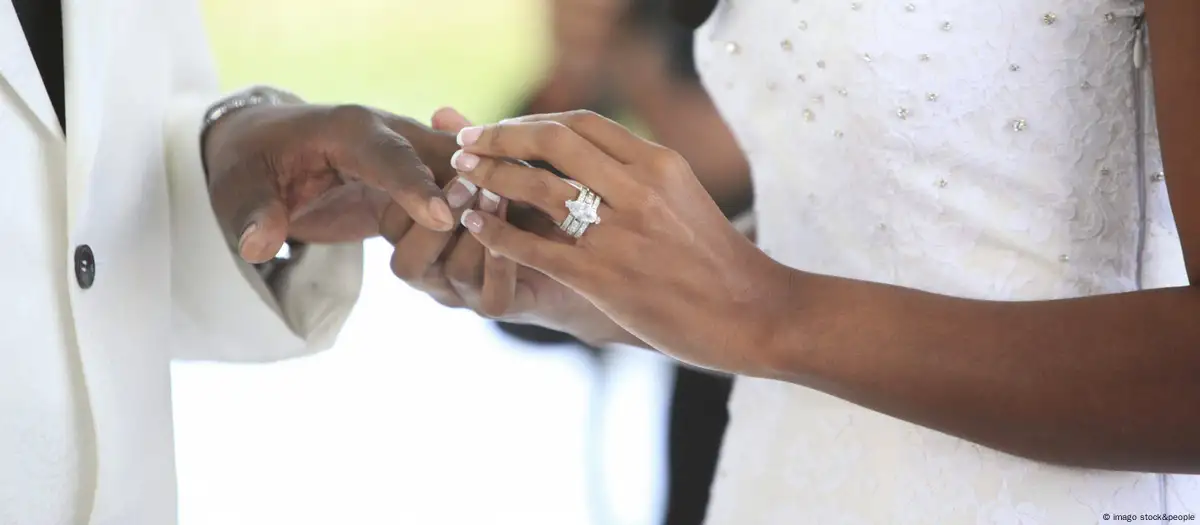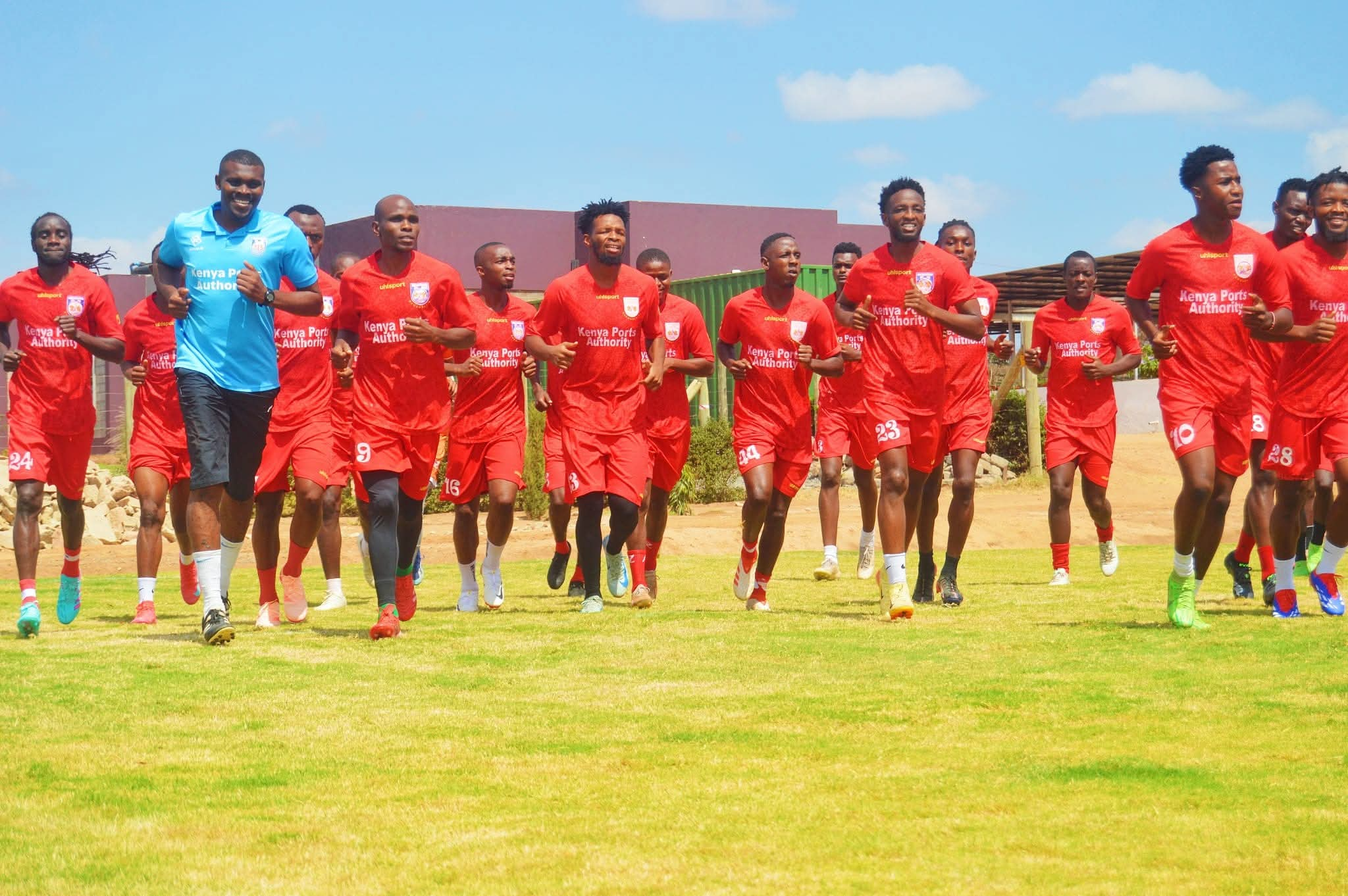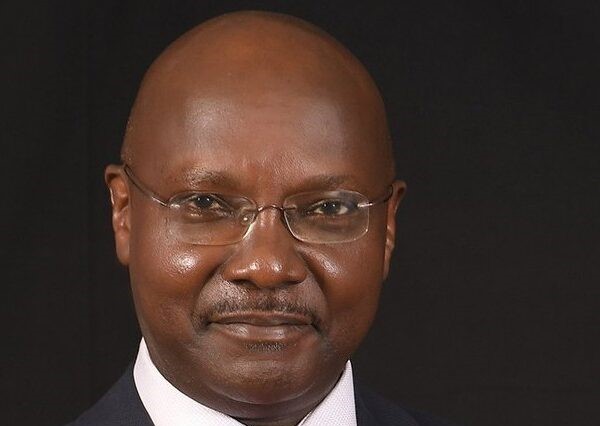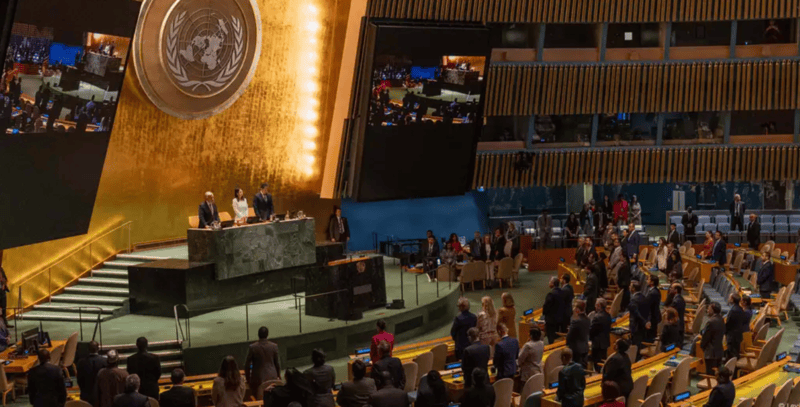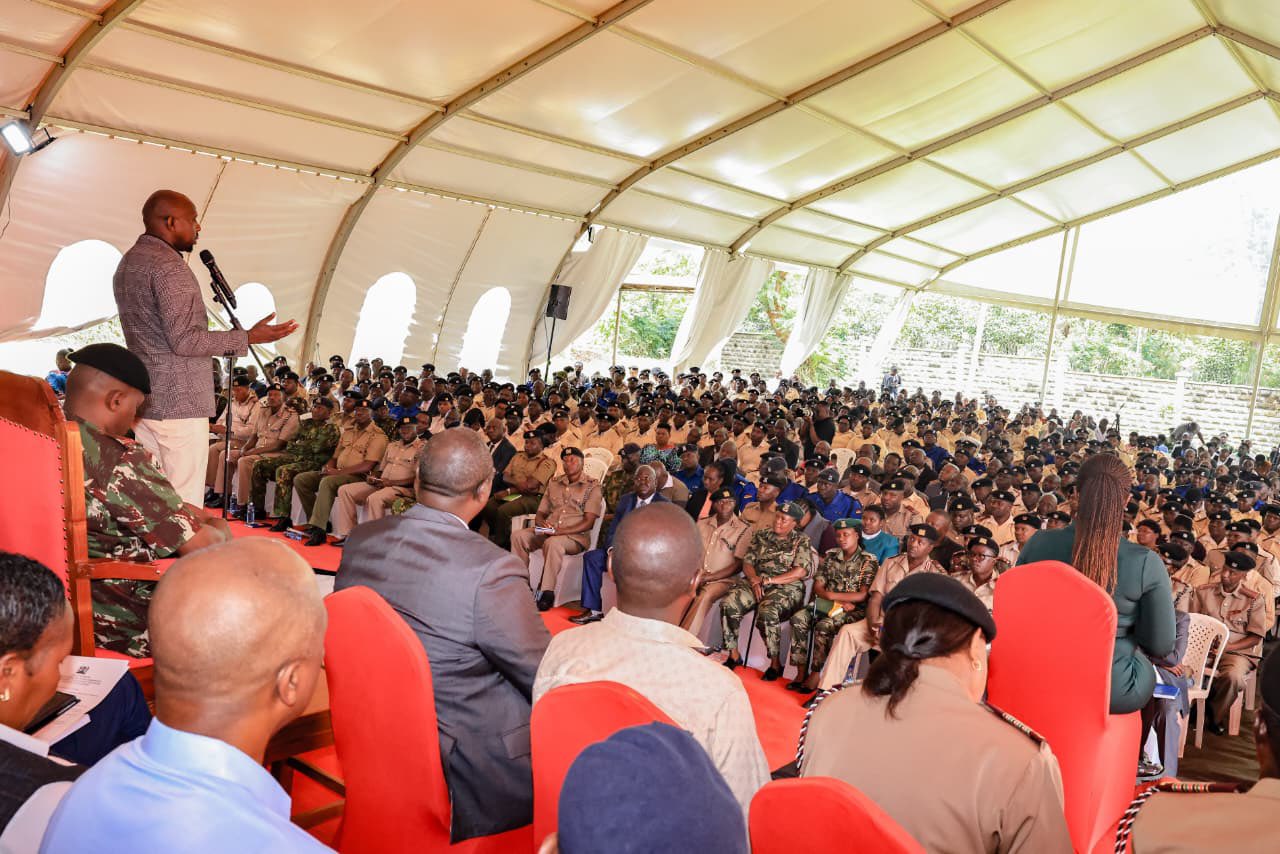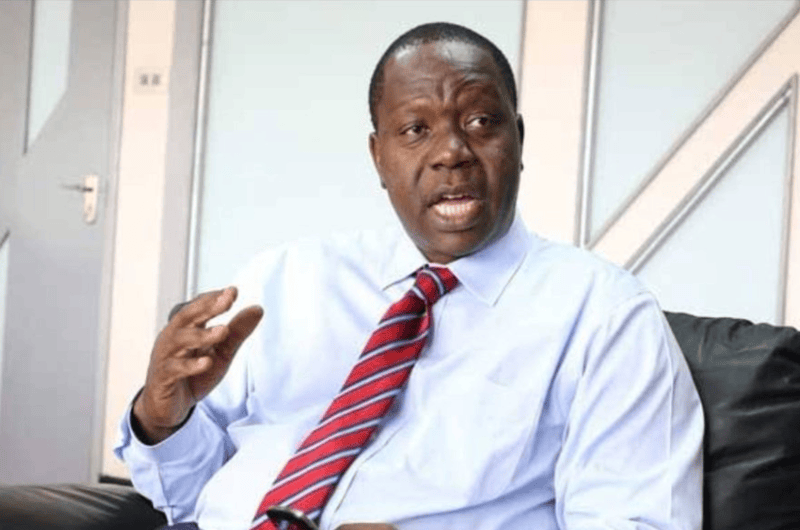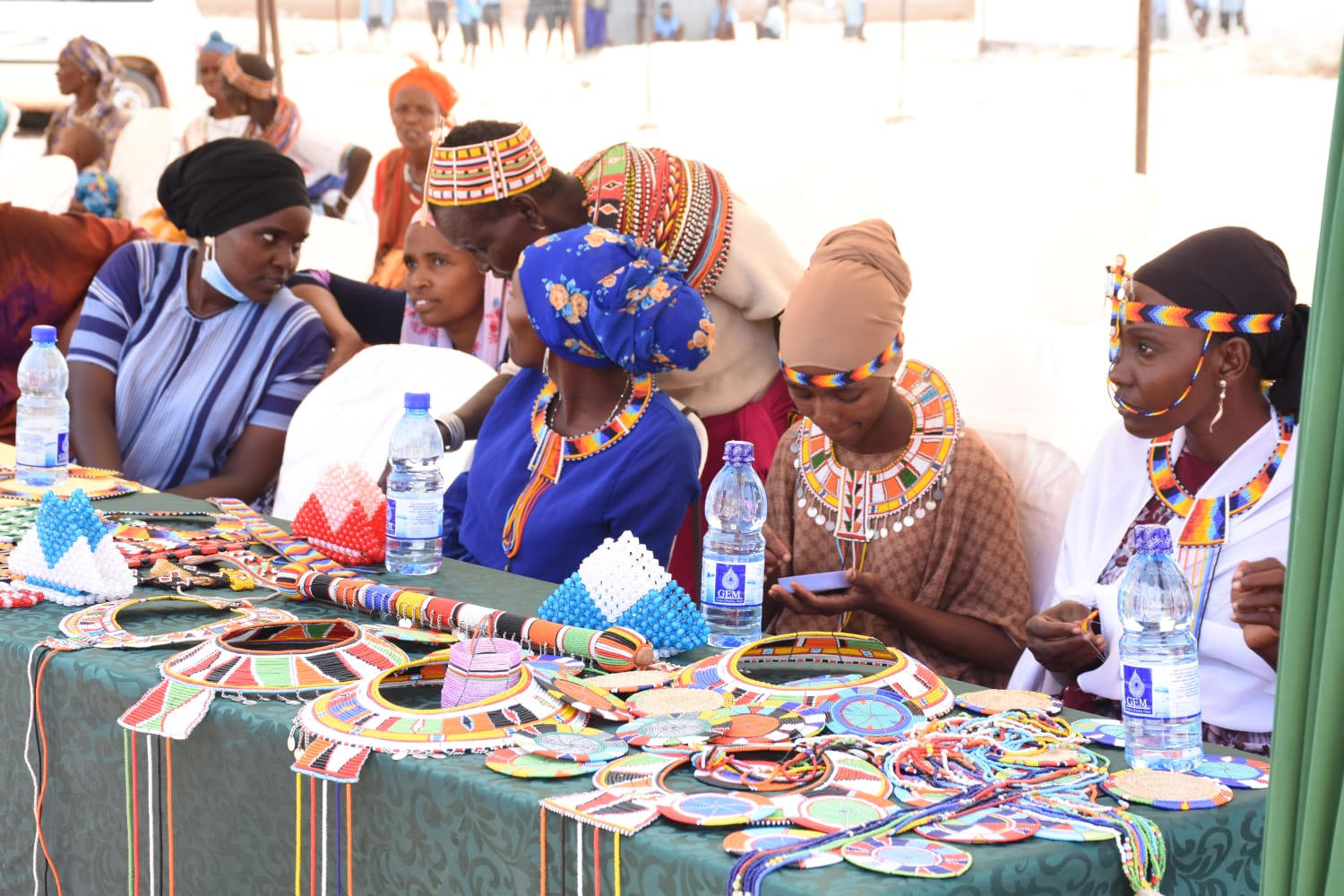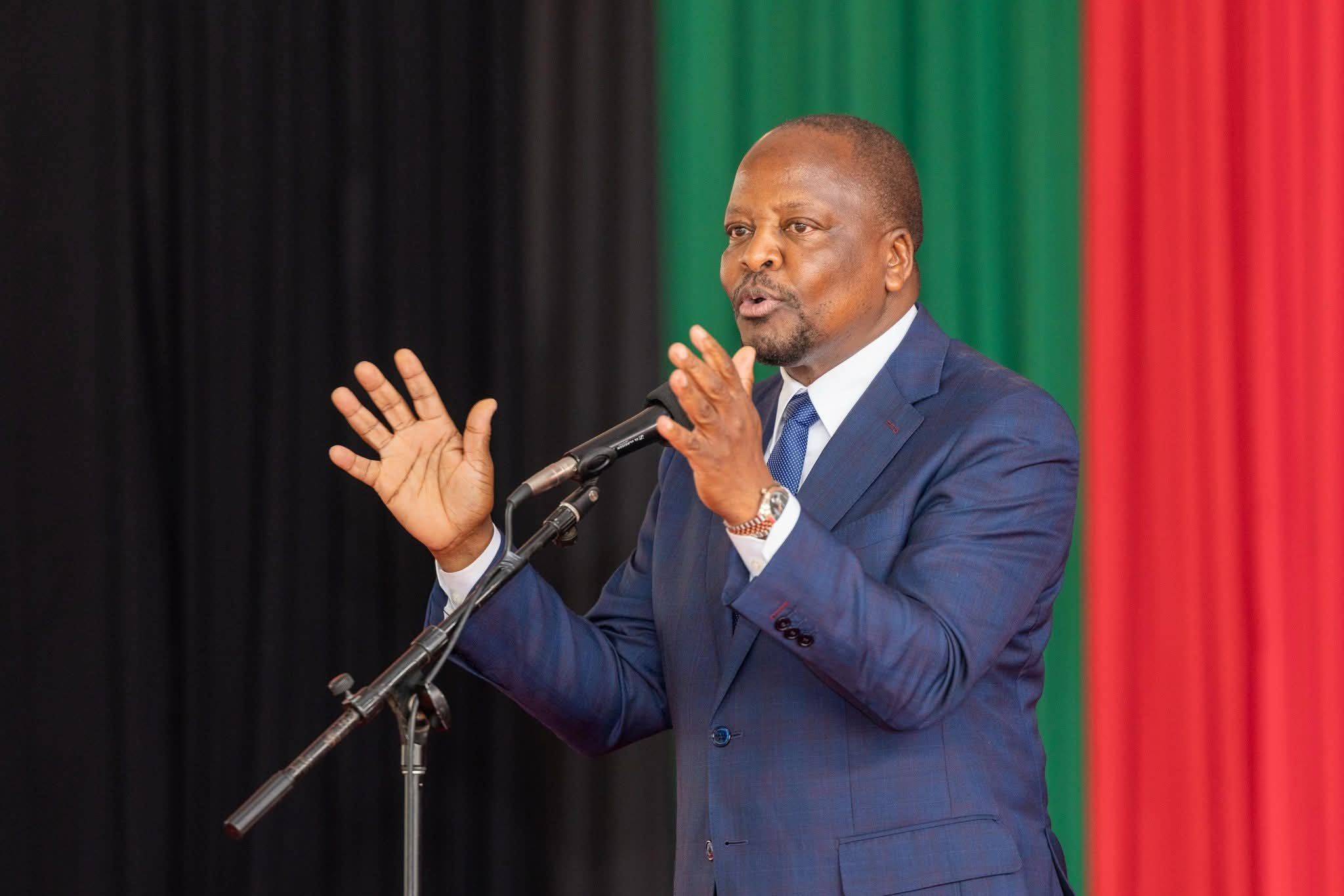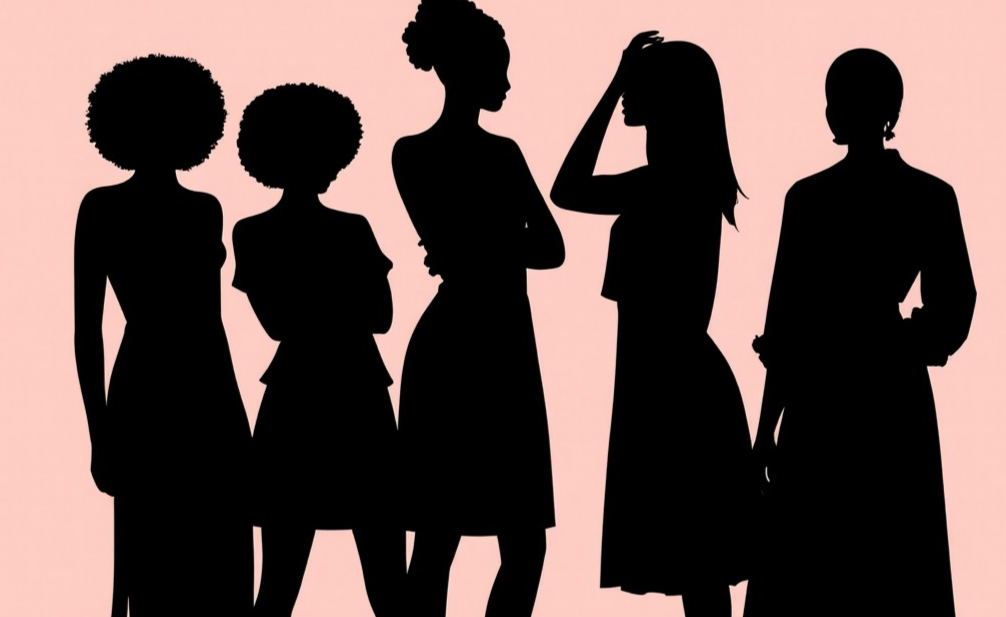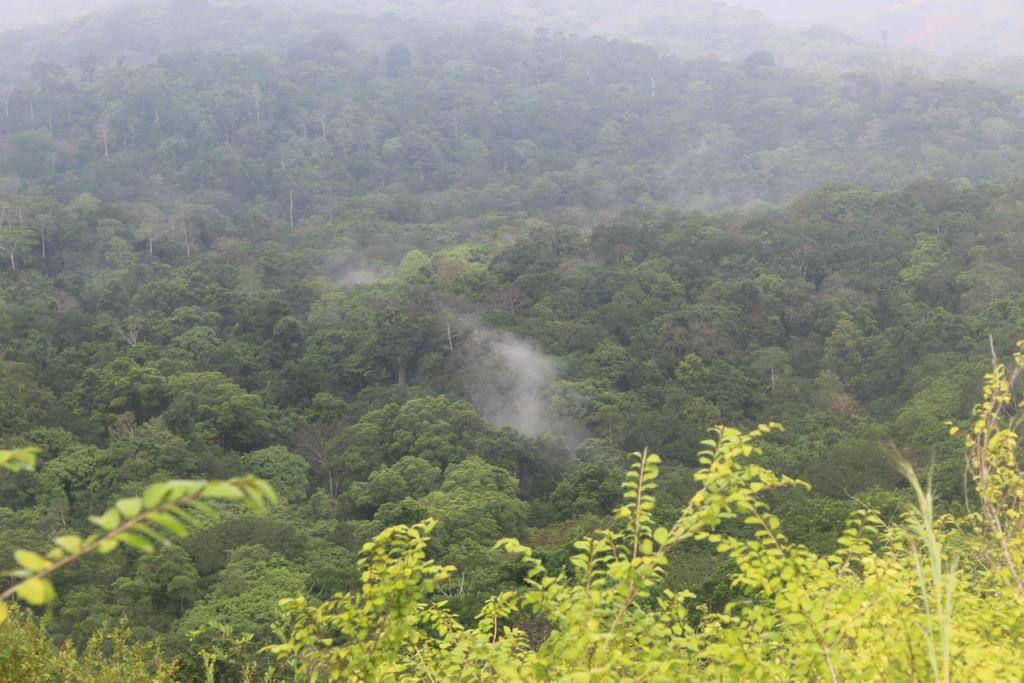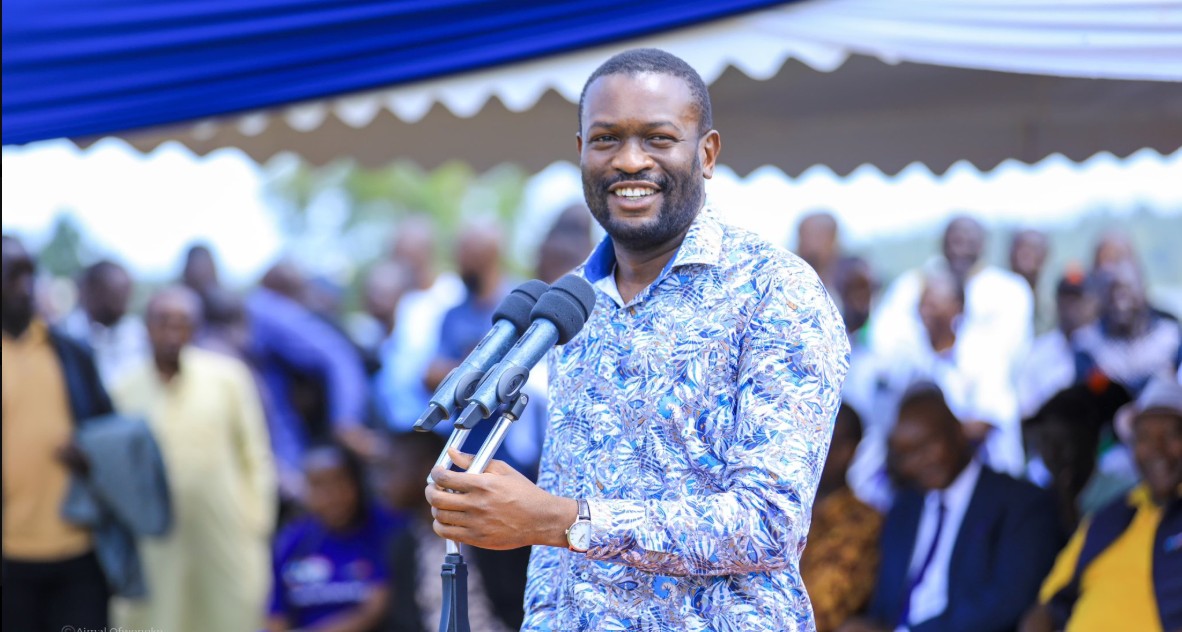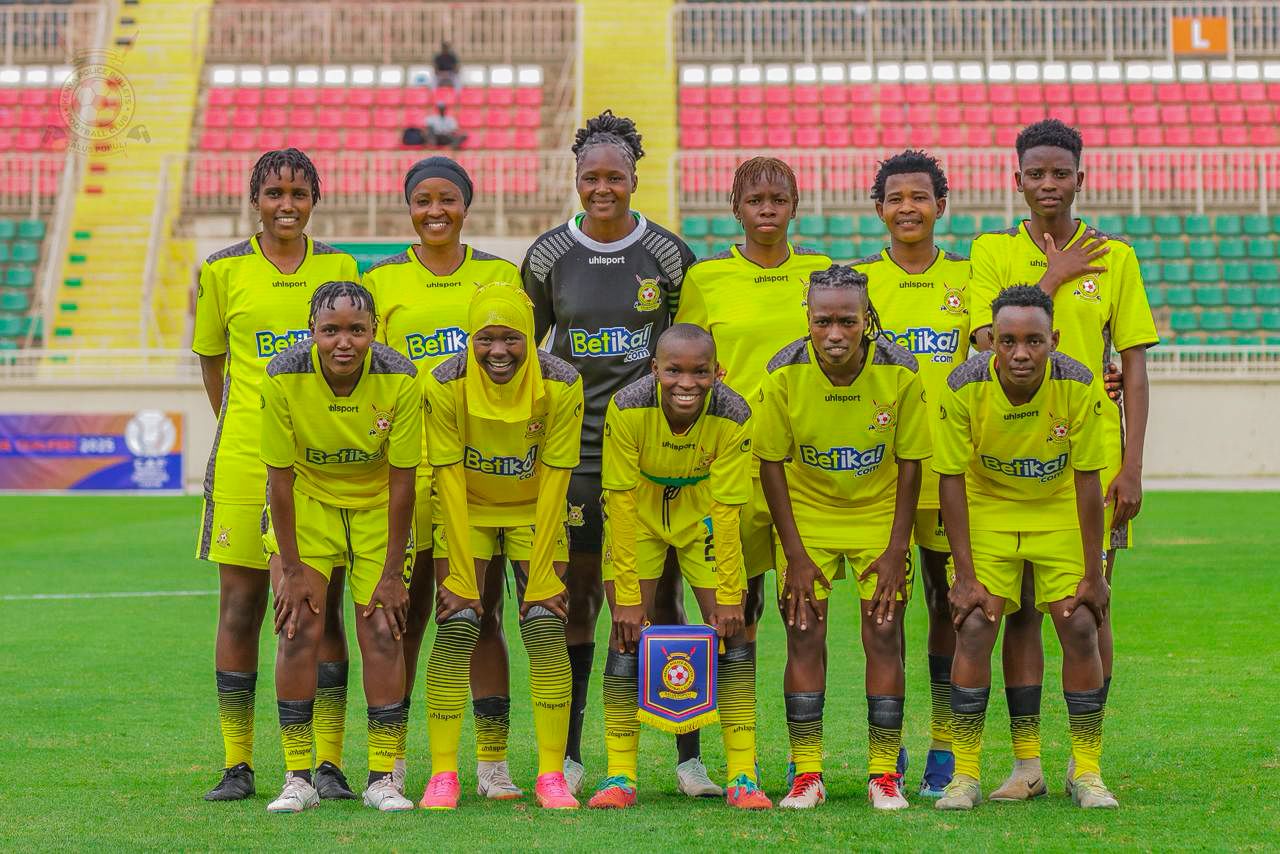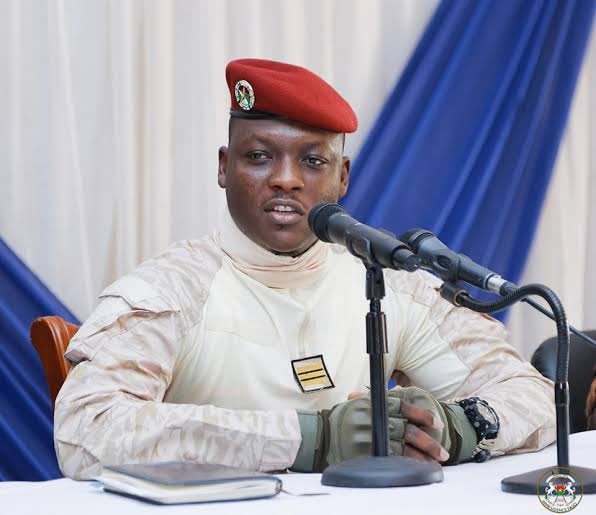DR Congo concludes campaign for UN Security Council seat, eyes greater global influence

This marks DR Congo’s third bid for a seat on the UN Security Council, having previously served in 1982–1983 and 1992–1993 under Mobutu Sese Seko.
The Democratic Republic of Congo (DRC) has concluded its campaign for a non-permanent seat on the United Nations Security Council (UNSC) for the 2026-2027 term, signalling a renewed push to place itself at the centre of global peace and security discussions.
The closing ceremony in Kinshasa over the weekend, presided over by President Félix Tshisekedi and hosted by Foreign Minister Thérèse Kayikwamba Wagner, showcased the country's pitch for international relevance—and regional reckoning.
More To Read
- Over 100 killed as canoe capsizes in northwestern DR Congo
- Zimbabwe officially launches bid for UN Security Council seat
- Egypt protests Ethiopia’s dam launch, writes to UN Security Council
- DRC’s Joseph Kabila is on trial for treason: What case against the former Congolese president is all about
- DR Congo crisis: Funding cuts curtail assistance to victims of violence
- Rwanda calls Human Rights Watch's count of new graves at military cemetery "disrespectful"
This marks DR Congo’s third bid for a seat on the UN Security Council, having previously served in 1982–1983 and 1992–1993 under Mobutu Sese Seko.
But this third bid comes at a time of heightened insecurity at home, diplomatic tension with its neighbours, and increased scrutiny of the UN's role in Africa's conflict zones.
The vote is due on June 3rd at the UN General Assembly in New York.
Continental cause
President Tshisekedi seized the moment to frame the campaign as a continental cause.
"This candidacy for the Security Council is not simply an honour, it is a responsibility. A mission to bring Africa's voice, its aspirations, and its solutions to the heart of global decisions," he said, calling the move a "historic event" and a "moment of pride" for the Congolese people.
While the ceremony had all the hallmarks of a traditional diplomatic send-off—flag-waving, parliamentary dignitaries, and diplomatic niceties—it masked a more strategic calculus.
DRC's leadership sees a seat at the UNSC as leverage: to amplify global attention on the violence in its mineral-rich eastern provinces, and to challenge what it views as Kigali's destabilising hand in the region.
Kinshasa has long accused Rwanda of backing the M23 rebel group, a claim that has been echoed by UN experts but denied by Kigali.
Lukewarm responses
Frustrated by what it perceives as lukewarm responses from the international community, the Congolese government hopes a seat on the council will enable it to shape the conversation—and the pressure—more directly.
Minister Wagner was unequivocal about Congo's broader aspirations.
"This candidacy is part of the dynamics of the New Agenda for Peace and the reform of the United Nations collective security system," she said.
"The DRC is ready to listen, to engage in dialogue, and to act with the responsibility of a state resolutely committed to international cooperation and solidarity."
The candidacy enjoys formal backing from the Economic Community of Central African States (ECCAS), a reflection of the region's appetite to have one of its most complex conflicts represented on the world stage by a state actor rather than merely through peacekeeping mandates.
Tshisekedi, who has increasingly positioned himself as a champion of African unity, hopes to parlay that support into a stronger voice for post-conflict recovery, environmental resilience, and sustainable development.
But most of all, his government wants a seat at the table where its security is often debated but rarely directed by its own hand.
Whether Kinshasa secures the seat remains to be seen. But if it does, expect the eastern Congo crisis—and Rwanda's alleged role in it—to feature high on the agenda.
Top Stories Today
